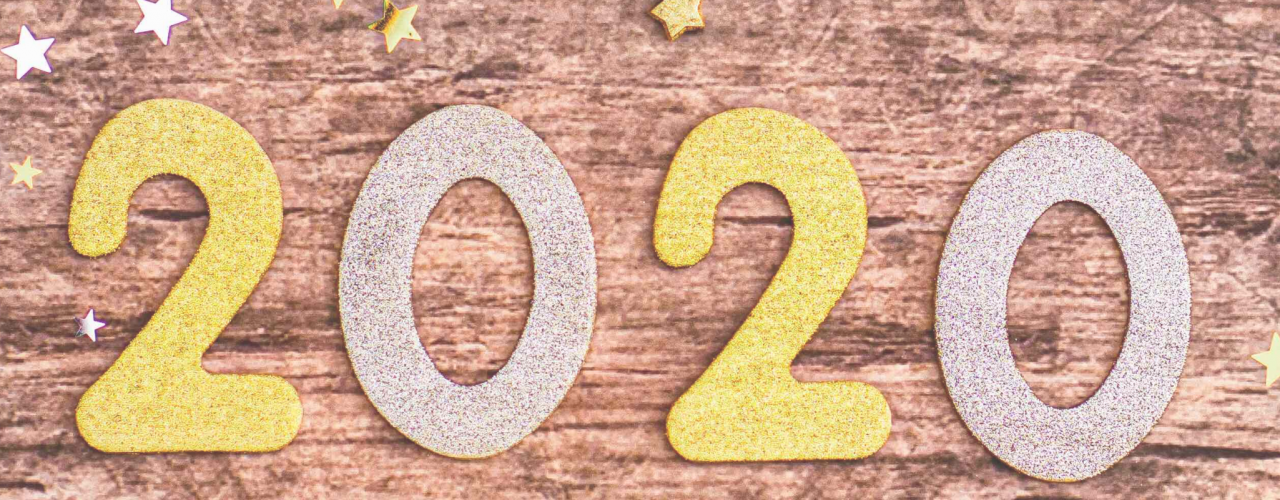
Finding the right house at the right price is only one part of the homebuying puzzle. If you’re even considering a home purchase in the new year, then keeping your finances in check is just as crucial.
It’s actually more important than you might think.
Eyeing a new home in 2020 or still just weighing your options? Make sure you avoid these major financial faux-pas:
1. Don’t spend more than 20% of your credit line.
Credit utilization — or the share of your total credit line that you’re actually using — plays a huge role in your overall credit score. In fact, it accounts for almost a third of it.
If you want to be sure your score is in prime homebuying condition, then try to keep your spending to 20% of your total credit line or less. Any higher and it could ding your credit score considerably. It will also signal to lenders that you’re less than responsible with your money.
2. Avoid financing big purchases like cars, boats, furniture, and more.
There’s only so much total credit a person can handle, especially once their income and existing credit lines and debt are considered. For lenders, this is called “credit capacity,” and it will play a role in how much you might be able to borrow for your home.
If you choose to finance a big purchase (like a new vehicle), that can take a big bite out of your total credit capacity, as well as send your debt-to-income ratio soaring. Both of these can hurt your ability to get a mortgage loan.
3. Make sure your balances can be paid off in two months.
Lenders don’t want to extend credit to someone who’s already deep in a financial hole. That’s just a one-way ticket to late mortgage payments and a potential foreclosure.
If you’re going to finance something or use credit cards ahead of your home purchase, then make sure to keep your balances in check. You should be able to pay off your debt within two months (and ideally with liquid assets you already have in the bank.)
4. Quit spending that extra cash.
You don’t have to scrimp and save, but don’t let money burn a hole in your pocket. If you get a windfall (hello, tax refunds and holiday bonuses), then resist the urge to spend it on unnecessary items. Instead, start funneling it away for your home purchase. Remember, you’ll need cash for your down payment, closing costs, moving expenses, and much, much more. The more you can save now, the easier it will be once you’ve found that dream home.
5. Don’t change (or lose) your job.
You can add a job or side gig if you want, but don’t change or lose the one you already have. Lenders like to see at least two years in a position and a solid history of paychecks and bank statements from borrowers they loan to. They’ll also ask your employer to verify your position and earnings, so job-hopping isn’t a smart move if homebuying’s on your radar.
Do your best to stay on the up and up in the months leading up to your home purchase. If you’re eyeing a job change, hold off until you’re well and settled in your new home.
Stay on the Straight and Narrow
Thinking of buying a home in the new year? Then keep a tight rein on your finances starting today. The better you can manage your money (and your credit) leading up to your purchase, the smoother your purchase will be.
Have questions or need help getting your ducks in a row? Then get in touch with SnapFi today. We’re here to help.
Photo by Jamie Street on Unsplash


